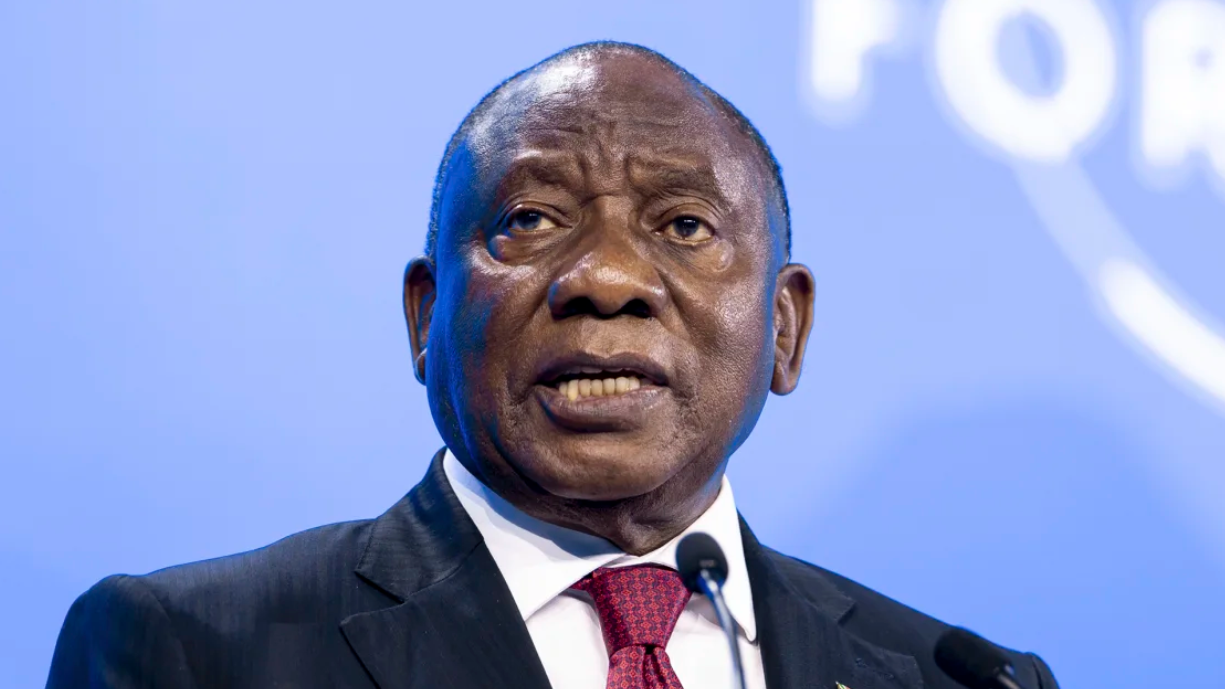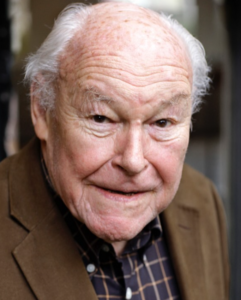South African President Cyril Ramaphosa responded on Monday to former US President Donald Trump’s threat to halt aid to South Africa over claims of mistreatment of White farmers. Trump had alleged that South Africa was “confiscating land,” which Ramaphosa denied. He clarified that the South African government had not taken any land through unlawful means.
In a post, Ramaphosa emphasized that South Africa is a constitutional democracy built on the principles of law, justice, and equality. He also mentioned that South Africa is open to discussions with the Trump administration regarding its land reform policy and other areas of mutual interest.
Although Ramaphosa acknowledged the US as an important partner in politics and trade, he pointed out that the US does not provide significant aid to South Africa, apart from a major HIV/AIDS relief program. This response came after Trump posted, threatening to cut all future funding to South Africa until a full investigation into the allegations of land confiscation and mistreatment of certain groups was conducted.
Trump’s criticism of South Africa, which he first raised in 2018 during his presidency, is linked to the country’s ongoing land reform efforts. Historically, racist policies during apartheid forcibly displaced Black and non-White South Africans from their land to make way for White ownership. Since South Africa’s transition to democracy in 1994, the constitution has included provisions for land redistribution and restitution.
Despite these efforts, Black South Africans, who make up around 80% of the population, still face high unemployment and poverty, and own only a small portion of the land. In January, President Ramaphosa signed a new law that outlines updated rules for land expropriation, allowing the government to take land without compensation in certain situations.
Ramaphosa clarified in his Monday post that the law is not intended as a tool for confiscation but is a legal process aimed at ensuring equitable public access to land in line with the constitution. However, protections against expropriation without compensation remain in place, and experts suggest that South Africa’s ruling party could face legal challenges if it moves forward with implementing the policy.













